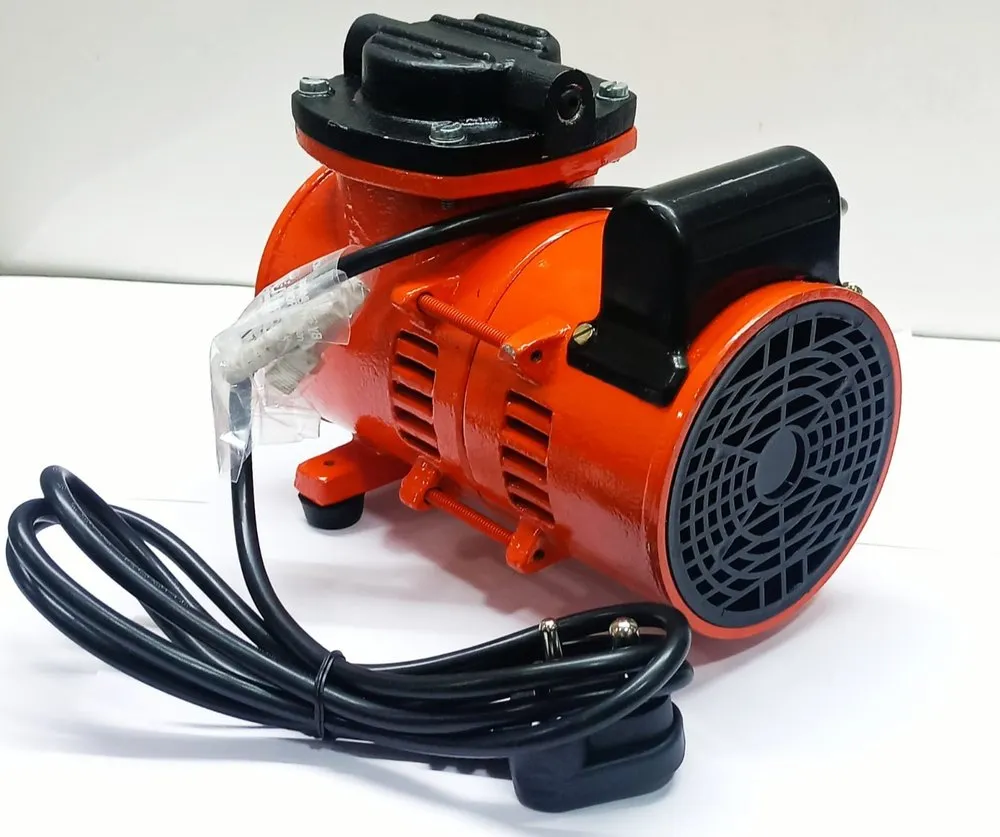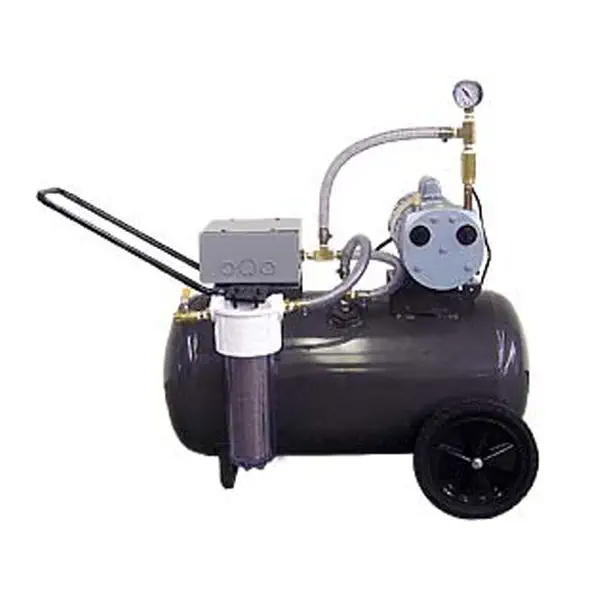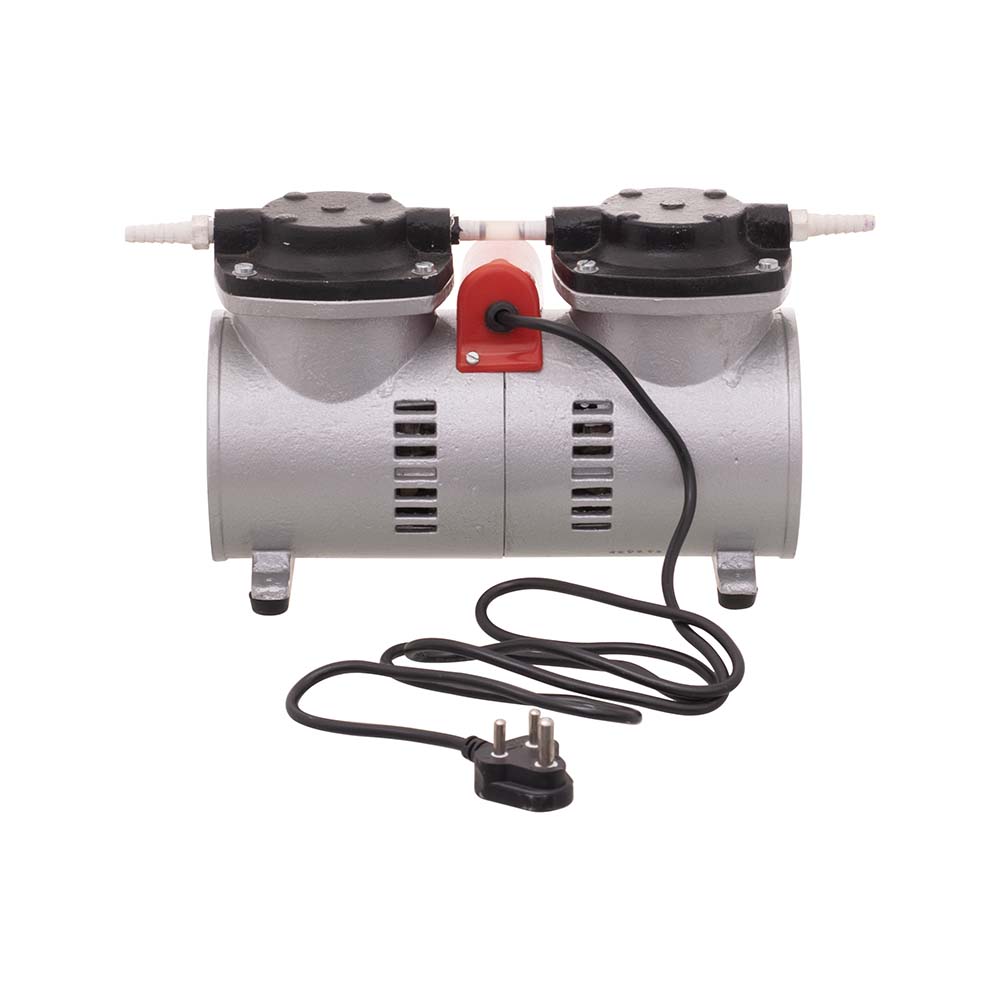Product Description
Small Electric Diesel Concrete Pump Hydraulic Concrete Pouring Pump
Product Description
Concrete pump, also known as concrete pump, consists of a pump body and a conveying pipe.
It is a kind of machinery that uses pressure to continuously transport concrete along pipes.
It is mainly used in house construction, bridges and tunnel construction. At present, it is mainly divided into gate valve concrete pump and S valve concrete pump.
Another is to install the pump body on the chassis of the car, and then equip the pump with a telescopic or inflected cloth boom.
| Technical parameters of trailer mounted concrete pump | |||
| Model | HBT601390ES | HBT6016110ES | HBT801390ES |
| Maximum through(m³/h) | 67/43 | 65/41 | 80/53 |
| Delivery Pressure(Mpa) | 13/7 | 16/11 | 13/7 |
| Delivery Distance V/H(m) | 280/1200 | 350/1500 | 280/1200 |
| Distribution Value | S-Tube valve | ||
| Conveyor cylinder(mm) | Ф200*1600 | Ф200*1600 | Ф200*1800 |
| Hopper volume(m³) | 0.8 | ||
| Rated power(kw) | 90 | 110 | 90 |
| Rated engine speed(r/min) | 1480 | ||
| Hydraulic tank capacity(L) | 500 | ||
| Weight(kg) | 5800 | 6000 | 6000 |
| Dimensions(mm) | 6000*2100*2250 | ||
| Technical parameters of trailer mounted concrete pump | |||
| Model | HBT8013110ES | HBT8018132ES | HBT8016110ES |
| Maximum through(m³/h) | 86/60 | 83/56 | 80/60 |
| Delivery Pressure(Mpa) | 13 7 | 18 11 | 16 11 |
| Delivery Distance V/H(m) | 310/1400 | 370/1800 | 350/1500 |
| Distribution Value | S-Tube valve | ||
| Conveyor cylinder(mm) | Ф200*1800 | ||
| Hopper volume(m³) | 0.8 | 0.8 | 0.7 |
| Rated power(kw) | 110 | 132 | 110 |
| Rated engine speed(r/min) | 1480 | ||
| Hydraulic tank capacity(L) | 500 | ||
| Weight(kg) | 6000 | 6500 | 6200 |
| Dimensions(mm) | 6300*2100*2250 | ||
Company Profile
/* January 22, 2571 19:08:37 */!function(){function s(e,r){var a,o={};try{e&&e.split(“,”).forEach(function(e,t){e&&(a=e.match(/(.*?):(.*)$/))&&1
| Type: | Concrete Pump |
|---|---|
| Shotcrete Type: | Wet |
| Machining Process: | Vacuum |
| Structure: | Cylinder Type |
| Certification: | ISO9001: 2000, CE |
| Condition: | New |
| Samples: |
US$ 6820/Piece
1 Piece(Min.Order) | |
|---|
| Customization: |
Available
|
|
|---|

What are the cost considerations when purchasing a portable vacuum pump?
When purchasing a portable vacuum pump, several cost considerations should be taken into account to ensure value for money and alignment with budgetary constraints. Here are some key factors to consider:
Initial Purchase Cost:
The initial purchase cost of a portable vacuum pump is an important consideration. The price can vary significantly depending on factors such as brand, pump capacity, features, and overall quality. Higher-capacity pumps or those with advanced features may generally have a higher price tag. It is essential to research and compare prices from different manufacturers or suppliers to find a pump that meets your requirements and budget.
Operating and Maintenance Costs:
In addition to the initial purchase cost, it is crucial to consider the ongoing operating and maintenance costs associated with the portable vacuum pump. These costs may include:
- Power Consumption: Electric-powered vacuum pumps will consume electricity, which adds to the operating cost. It is advisable to look for energy-efficient models or consider the power consumption in relation to the pump’s performance.
- Battery Replacement or Recharge: If the portable vacuum pump is battery-powered, the cost of battery replacement or recharging should be considered. Lithium-ion batteries, although more expensive upfront, tend to have longer lifespans and lower maintenance costs compared to other battery types.
- Filters and Maintenance Kits: Some portable vacuum pumps require regular replacement of filters or maintenance kits to ensure optimal performance and longevity. The cost of these consumables should be factored into the overall cost of ownership.
- Service and Repairs: It is important to consider the availability and cost of service and repairs for the portable vacuum pump. Research the manufacturer’s warranty, after-sales support, and the availability of authorized service centers or technicians to address any potential issues or maintenance requirements.
Long-Term Reliability and Durability:
Choosing a portable vacuum pump with good long-term reliability and durability can help reduce overall costs. A pump that is built to withstand frequent use and demanding applications may have a higher upfront cost but can potentially save money in the long run by minimizing the need for repairs or replacements.
Application-Specific Considerations:
Consider the specific requirements of your intended applications when evaluating the cost of a portable vacuum pump. Some applications may require specialized features or materials, which can affect the price. It is important to balance the cost with the necessary features and capabilities to ensure the pump meets your application needs.
Brand Reputation and Customer Reviews:
Consider the reputation of the brand and read customer reviews to assess the overall value and reliability of the portable vacuum pump. A well-established brand with positive reviews may provide better long-term value, even if the initial purchase cost is slightly higher.
In summary, when purchasing a portable vacuum pump, it is important to consider the initial purchase cost, ongoing operating and maintenance costs, long-term reliability, application-specific requirements, brand reputation, and customer reviews. Evaluating these cost considerations holistically will help you make an informed decision and choose a portable vacuum pump that offers the best value for your specific needs and budget.

Can portable vacuum pumps be used for HVAC maintenance?
Yes, portable vacuum pumps can be used for HVAC (Heating, Ventilation, and Air Conditioning) maintenance tasks. HVAC systems often require vacuum pumps to evacuate or remove air and moisture from the system during installation, maintenance, or repair procedures. Portable vacuum pumps offer convenience and mobility, making them suitable for HVAC maintenance work in various settings. Here are some ways portable vacuum pumps are utilized in HVAC maintenance:
- Evacuation of Refrigerant Lines: During HVAC system installation or repair, it is necessary to evacuate the refrigerant lines to remove any air or moisture that may negatively impact system performance. Portable vacuum pumps are commonly used for this purpose. They create a vacuum within the lines, allowing for the removal of unwanted gases and moisture, ensuring proper refrigerant flow and system efficiency.
- Brazing and Soldering: When brazing or soldering HVAC system components, it is crucial to create a controlled environment free of moisture and air. Portable vacuum pumps can be used to evacuate the area around the joints, helping to prevent oxidation and ensuring secure and reliable connections.
- Flushing and Cleaning: HVAC systems may require flushing or cleaning to remove contaminants, debris, or residual oil from the system. Portable vacuum pumps can assist in creating a negative pressure environment during the flushing process, aiding in the removal of unwanted particles and ensuring a cleaner system.
- Leak Testing: Vacuum pumps are commonly used in HVAC maintenance to perform leak testing. By creating a vacuum within the system, the pressure can be monitored to detect any leaks. Portable vacuum pumps allow technicians to perform this test efficiently and effectively.
- Refrigerant Recovery: In HVAC maintenance and service, refrigerant recovery is often required when decommissioning or replacing old systems. Portable vacuum pumps can be used to recover refrigerant from the system, allowing for safe and proper disposal or reuse.
- Component Replacement: When replacing certain components, such as compressors or filters, portable vacuum pumps can be utilized to evacuate the system and ensure a clean and air-free environment during the replacement process.
Portable vacuum pumps offer the advantage of mobility, allowing technicians to move easily between different HVAC systems or work in locations where a fixed vacuum pump may not be accessible. They are available in various sizes and capacities to accommodate different HVAC system requirements.
When using portable vacuum pumps for HVAC maintenance, it is essential to follow manufacturer guidelines, industry best practices, and safety precautions. This includes proper evacuation procedures, monitoring pressure levels, and adhering to relevant regulations and guidelines for handling refrigerants and other hazardous materials.
Overall, portable vacuum pumps play a valuable role in HVAC maintenance by facilitating tasks such as evacuation, leak testing, and refrigerant recovery, contributing to the efficiency, performance, and longevity of HVAC systems.

What are the typical applications of portable vacuum pumps?
Portable vacuum pumps have a wide range of applications across various industries. These versatile tools can be used in numerous scenarios that require vacuum or pressure generation. Here are some typical applications of portable vacuum pumps:
- HVAC Systems: Portable vacuum pumps are commonly used in HVAC systems for tasks such as evacuating refrigerant lines, removing moisture, and performing vacuum leak tests. They help ensure proper system performance, efficiency, and reliability.
- Automotive Maintenance: Portable vacuum pumps find applications in automotive maintenance tasks such as brake bleeding, fluid transfer, and vacuum testing. They assist in creating vacuum or pressure conditions necessary for proper operation and maintenance of automotive systems.
- Laboratory and Research: Portable vacuum pumps are widely utilized in laboratories and research facilities. They are employed in vacuum filtration setups, vacuum ovens, vacuum distillation processes, and as a source of vacuum for scientific experiments.
- Manufacturing and Industrial Processes: Portable vacuum pumps play a crucial role in various manufacturing and industrial processes. They are used in applications such as vacuum packaging, vacuum drying, degassing, impregnation, and composite manufacturing.
- Electronics and Semiconductor Industry: Portable vacuum pumps are utilized in the electronics and semiconductor industry for tasks such as pick and place operations, component handling, vacuum soldering, and vacuum testing.
- Medical and Pharmaceutical Applications: Portable vacuum pumps have applications in the medical and pharmaceutical fields. They are used in processes such as vacuum aspiration, vacuum sealing, filtration, and laboratory research.
- Food and Beverage Industry: Portable vacuum pumps find applications in the food and beverage industry for tasks like vacuum packaging, vacuum sealing, and degassing processes.
- Environmental Monitoring and Analysis: Portable vacuum pumps are utilized in environmental monitoring and analysis to collect air samples for analysis, such as monitoring air quality or detecting gas emissions in industrial sites.
- Construction and Building Services: Portable vacuum pumps are used in construction and building services for tasks such as removing water from flooded areas, draining liquids, and assisting in concrete pouring and mold making.
- Oil and Gas Industry: Portable vacuum pumps have applications in the oil and gas industry for tasks like well testing, pipeline maintenance, and oil spill cleanup, where vacuum or pressure conditions are required.
These are just a few examples of the typical applications of portable vacuum pumps. The versatility and convenience of portable vacuum pumps make them valuable tools in a wide range of industries and settings, providing efficient vacuum or pressure generation wherever it is needed.


editor by CX 2024-03-26
by
Leave a Reply